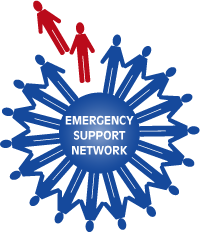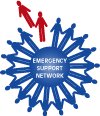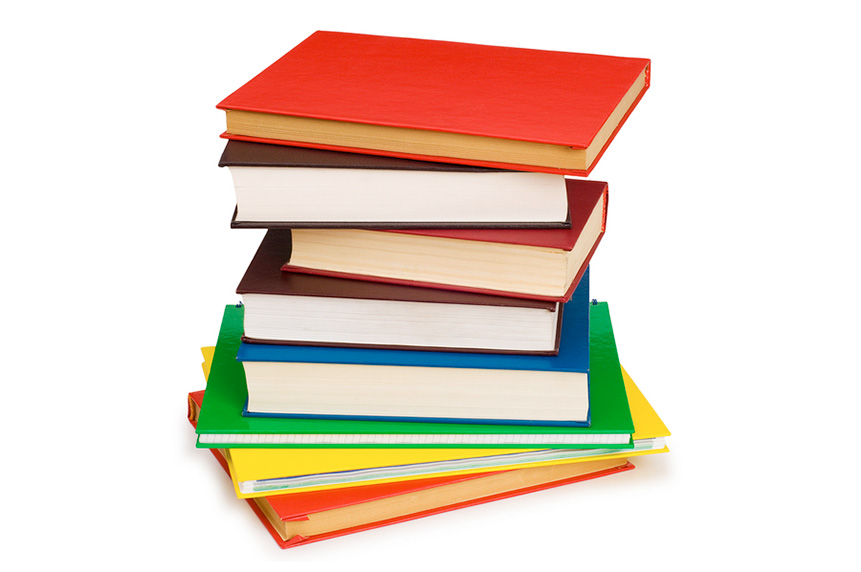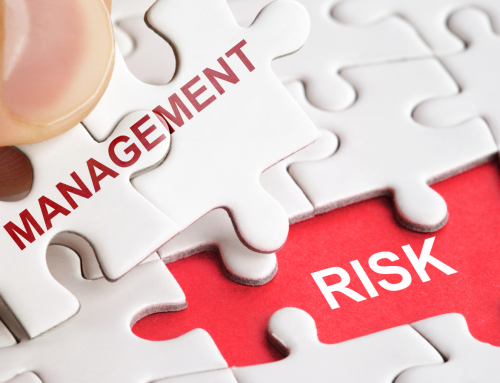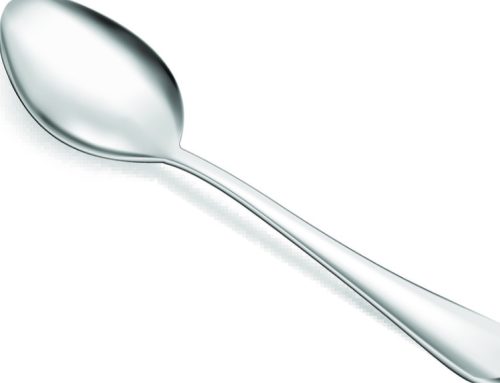Reading as therapy? I now have a solid excuse for spending hours indulging in one of my favourite pastimes!
Bibliotherapy is defined as ‘an expressive therapy that uses an individual’s relationship to the content of books and poetry and other written words as therapy’ (Wikipedia). Intrinsically I understand that reading can introduce different insights, increase knowledge, capture imagination and inspire. However reading, whether it be self-help books, philosophical texts, or fictional stories actually has a far more beneficial purpose beyond mental stimulation.
Bibliotherapy has been recognised as a method for the treatment of mental and even physical health conditions since ancient Grecian times. Research has proven empirically that there are a number of benefits to reading that aid healing. Helping with issues including stress, eating disorders, anxiety, obsessive compulsive disorder, depression and pain, bibliotherapy can greatly complement more conventional modes of therapy. Therapeutic reading is often prescribed in clinical settings to both assist people to understand and normalise their mental health condition, as well as to suggest and explain strategies to manage these conditions.
Self-help books can be a great resource, dealing with an almost limitless number of difficult life circumstances or changes including bullying, bereavement, assertiveness, self-confidence, anger-management, relationships, mental-health. Enhancing resilience and well-being, reading can actually make you happy! The University of Liverpool conducted a study that showed that people who read have greater ‘overall life happiness, satisfaction and social connectedness,’ (www.activebeat.co).
Personally, I love a great novel to distract me from everyday routine and take me on a new journey. The variety of books I read is wide. It has been found that reading novels can put your brain into a pleasurable trance-like state similar to mediation, giving you that same sense of relaxation and calm. Engaging with stories stimulates the mind and encourages the imagination to picture new and different characters and situations. Unlike film where the characters are already defined for you, your mind has to actively engage to bring to life the words on the page. Colleagues and I have often agreed that reading is our favourite avenue to completely shutting off our mental cogs.
Beyond the personal pleasurable experience of reading, books are a great social connector. Sharing book titles, having conversations about books, discussing character motivations and worth or being part of a book club, all have the potential to be endlessly rich with social benefit.
So indulge guilt free in a good read and enjoy knowing that the benefits of spending your time this way are many and valuable. I’m off to read a book too!
